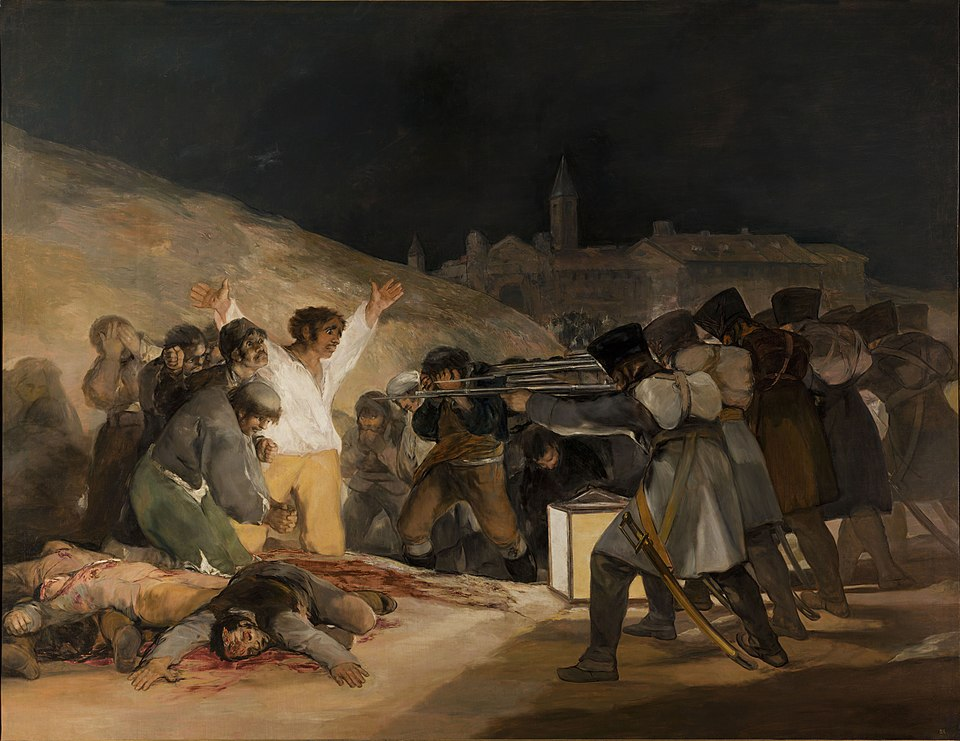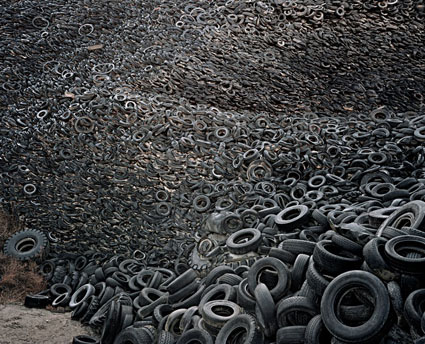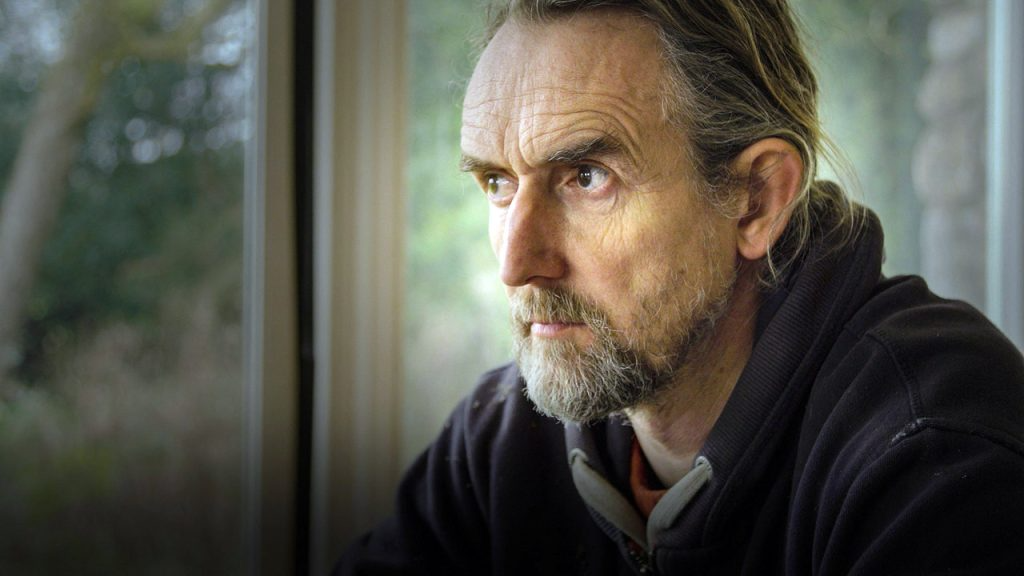🩻 Climate Reality: The Diagnosis We Can’t Escape
The climate crisis is no longer a future threat — it’s a terminal diagnosis, and the only moral response now is to act like everything depends on us, because it does.

There comes a point in your life when the facts won’t let you look away. You feel it before you know it: something is terribly wrong, and we are running out of time.
So let’s begin with something simple. How do you know something is true?
Take the example of cancer. If you feel a lump or have symptoms, you don’t just ask your mate what they think. You go to a doctor. And not just any doctor — you want a specialist. Someone who’s legally obliged to tell you the truth, however hard it is to hear. You want the tests, the scan, the data. And above all, you want a number: “What’s the likelihood I have it?” Because that number changes everything.
You don’t want vague reassurances. You want the truth. If the doctor says there’s a 50% chance, your life changes in that moment. You go into action. You start making decisions — fast. Because the alternative is death. And no one can run from that.
It’s this same clarity, this same objectivity, that we need to bring to the climate crisis. Because the truth is — and I mean this literally — the planet has cancer. It is spreading. It is terminal. And it is going to kill us if we don’t act, immediately.
This isn’t ideology. It’s not politics. It’s not “just your opinion.” It is physical reality. And just like cancer, it doesn’t care what you believe.
In 1989, NASA scientist James Hansen warned the UN that if we didn’t slash emissions, society would collapse. That was 35 years ago. In 2025, global temperatures have now risen to 1.6°C above pre-industrial levels. And the rate of warming is accelerating. For most of the 20th century, the rise was around 0.18°C per decade. In the last ten years, it’s more than doubled to 0.37°C per decade. We’re now on course to hit 2°C around 2035 — and that’s being optimistic.
But what does that number mean?
A landmark peer-reviewed paper, “The Future of the Human Niche,” published by Tim Lenton and colleagues, makes it brutally clear: at 2°C of warming, around 1 billion people will no longer be able to live where they currently do. That’s 25% of the Earth’s surface becoming uninhabitable. One billion refugees — in just a few years.
To put that into context: there were 50 million refugees after the Second World War. That was the worst war in human history. What’s coming is twenty times worse.
And that figure — one billion — only covers the effects of extreme heat. It doesn’t include what happens when rising sea levels drown coastal cities, when droughts kill crops, when wildfires consume whole regions, when freshwater disappears. The truth is, climate collapse is not just an environmental issue. It is a full-system breakdown. It affects food, health, housing, energy, migration, and war — all at the same time.
Still think this is just about polar bears?
If you’re still not convinced, don’t take it from me. Take it from the insurance industry. In 2024, the British actuarial society — a group of people whose job it is to measure risk for a living — released a report projecting that at 2°C of warming, we’ll see 2 billion deaths. At 3°C? 4 billion. That’s half the population of the Earth.
And this is not worst-case modelling. This is their baseline. This is what the people who insure your life, your business, your pension, believe is most likely to happen if we stay on our current course.
It gets worse. Because climate breakdown isn’t a one-off crisis — it triggers runaway feedback loops. Ice melts and reduces the planet’s ability to reflect sunlight, which makes it heat up faster. Permafrost thaws and releases methane, a greenhouse gas 80 times more potent than CO₂. Forests burn and release carbon. Soils lose their ability to absorb emissions. Everything begins to feed on itself. Even if we stopped all human emissions tomorrow, these systems may continue warming the planet — potentially beyond the point of recovery.
Most tipping points are estimated to be triggered between 1°C and 2°C. We are already at 1.6°C. We are now in the danger zone. There is no longer a buffer. There is no margin of error. This is happening in real time.
So what do we do?
Well, the answer is no different from the cancer patient. Two things: stop making it worse, and start trying to repair the damage. That means ending fossil fuel emissions as fast as humanly possible. That means scaling up emergency carbon removal. That means mobilising everything we’ve got.
Will it work? We don’t know. But what we do know is this: if we do nothing, billions will die. And not in some abstract future. In our lifetimes. In the lifetimes of our children.
This is not a problem for “someone else to solve.” This is your responsibility, your emergency, your world.

And if you think you still have a choice — let me be blunt: you don’t. If your actions or inactions contribute to this collapse, you don’t just destroy your own future. You destroy the lives of everyone around you. You condemn entire generations to hell on Earth because you couldn’t face the truth.
It’s not just foolish. It’s not just selfish. It’s evil.
Let me speak personally for a moment. I’ve met hundreds of people who, after hearing this reality, decided to act. Ordinary people. Teachers, nurses, students, grandparents. They quit their jobs. They faced arrest. Some went to prison. Not because they were heroes. But because they understood this one, simple thing: if we don’t fight, we die. If we don’t rise up, we burn.
You can’t half-commit to this. You can’t give a little donation, feel a bit guilty, and move on. Once you’ve heard the truth, you are accountable. And the only question left is what you’re going to do about it.
So this is your moment. This is the turning point. If you’ve read this far, you already know. You know what’s coming. You know the scale of the crisis. You know the failure of our leaders.
You also know this: we are not powerless. There are millions of us waking up. Rising up. Organising. We are building the resistance that history will remember.
Join us.
Because history is watching.
And your children will ask what you did.
And one day, in the final hours of your life, you will ask yourself the same question.
Don’t wait for the flood. Don’t wait for the fire.
We have no choice but to act. And act we will.
This was meant to be Roger Hallam’s climate briefing for the Rev21 Convention.
But prison authorities blocked it.
They’ve now banned him from posting on social media altogether.
To keep up with Roger’s work and the revolutionary movement he helped build, follow Rev21 across platforms:
📺 YouTube: youtube.com/@Revolution21c
📸 Instagram: instagram.com/revolution.21c
✖️ X / Twitter: x.com/revolution_21c
📘 Facebook: facebook.com/profile.php?id=61575178389798
📢 Telegram: t.me/revolution_21C
🧵 Threads: threads.net/revolution.21c
🔵 Bluesky: bsky.app/profile/revolution21c.bsky.social
🎵 TikTok: tiktok.com/revolution.21c
👥 Reddit: reddit.com/r/Rev21
Update on Roger’s Imprisonment
Roger’s release has once again been delayed — originally expected in March, then May, and now postponed indefinitely. First, his designated home was deemed “unsuitable” for rehabilitation because someone associated with Just Stop Oil was present. Then, following press coverage that included the name of his probation officer (quoted directly in the piece), Roger was placed on a high-risk list — supposedly due to the psychological impact on staff. That probation officer has since been replaced, but the new officer has refused to respond to legal communications from Roger’s team.
It now appears that prison staff are refusing to meet with Roger directly, citing the “risk” he poses to them. His lawyers have written to the prison, but there is no legal requirement for them to respond within a set timeframe, leaving him in a state of limbo.
At the same time, Roger’s ability to contribute to public work has been severely restricted. Prison authorities have blocked over 20,000 words of his writing, and his input into the Convention and our social media efforts has been censored. Despite this, Roger continues to engage with projects through prison phone and email, where possible. He remains deeply committed to the cause and continues to support our work with unwavering clarity and determination.
As always, you can sign up for nonviolent civil resistance with the A22 Network internationally.
